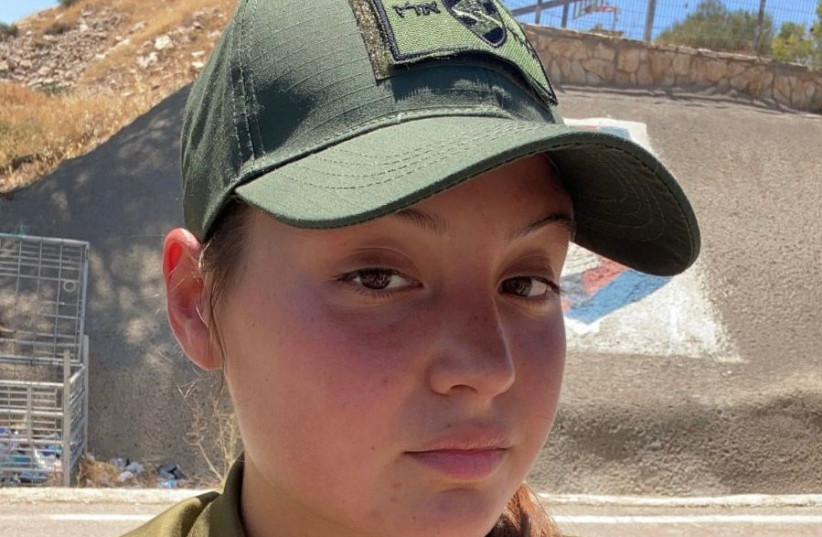Four Palestinians were killed over the weekend during violent clashes with the IDF in the West Bank city of Jenin. On Saturday night, an Israeli soldier, Sgt. Noa Lazar, was killed in a shooting attack at a checkpoint outside the Shuafat neighborhood in east Jerusalem.
To many people, the events look like they are connected. Israel kills Palestinians and in return, the Palestinians kill an Israeli.
But this is not the same. Lazar was stationed near Shuafat to ensure smooth movement between the neighborhood and wider Jerusalem. She was there to keep the city safe, and unfortunately, paid with her life.
On the other hand, the Palestinians killed in the West Bank on Friday and Saturday were shot during clashes with the IDF. One of them was shot at as he tried hurling a Molotov cocktail at soldiers. The IDF had entered Jenin to arrest a wanted terrorist suspect and during the operation, “dozens of Palestinians threw explosives and Molotov cocktails at the forces and also opened fire at troops in the area.”
Just as throughout Israel’s nearly 75 years of existence as an independent state, there is a clear way to end this cycle of violence, and that is for the Palestinians to stop their campaign of terror and incitement against Israel and the Jewish people. As hard as it is to believe, sometimes it really is that simple.

This is why the two instances are different. Israel’s soldiers are deployed along the seam line and the country’s borders, not to go on the offensive but to defend the Jewish state from threats. But when soldiers have to enter Palestinian towns to hunt and apprehend wanted terrorist suspects – people who are plotting and on their way to carry out murderous attacks – it does so.
The neglect of the PA
What has been going on in the West Bank in recent weeks is an example of what happens when the Palestinian Authority neglects its responsibility and decides to allow terrorist groups to thrive, to accumulate illegal arms and to operate with impunity.
Israel prefers not to have to enter places like Jenin or Nablus but – as Israeli officials have repeatedly declared – they will continue to do so as long as intelligence shows brewing threats. This was the case on Yom Kippur, a time that the IDF usually rests, when soldiers went into a town near Nablus to apprehend a wanted terrorist suspect.
And while the PA claims it is concerned with the ongoing violence and the activities of armed groups that do not heed its authority, President Mahmoud Abbas has not been taking harsh action to rein in those armed men.
Many of the gunmen are said to be affiliated with Abbas’s ruling Fatah faction, Hamas and Palestinian Islamic Jihad. The Palestinian leadership is particularly worried that the current security deterioration could prompt the IDF to launch a large-scale military offensive similar to 2002’s Operation Defensive Shield, which resulted in the deaths of dozens of gunmen in Jenin and Nablus.
Israel might in the end need to launch such an operation. If Abbas truly wants to prevent that from happening, he will need to be more forceful and take more aggressive steps within the PA and the cities it controls to stop the violence.
It was the late Golda Meir – Israel’s prime minister 49 years ago – who famously said, “If the Arabs put down their weapons today, there would be no more violence. If the Jews put down their weapons today, there would be no more Israel.”
Five decades later, this statement still rings true and will continue to be the case until Palestinians decide that they prefer a different life, one of peace, prosperity and coexistence.
They do not have to look far. The United Arab Emirates, Bahrain, Morocco are three Arab countries that decided two years ago to set aside differences, to reconcile and to normalize relations with Israel. While the peace with Jordan and Egypt is not warm, there still is peace, and those treaties are pillars of stability in this volatile region.
The Palestinians can have the same. They just have to decide that a better future is what they want.
